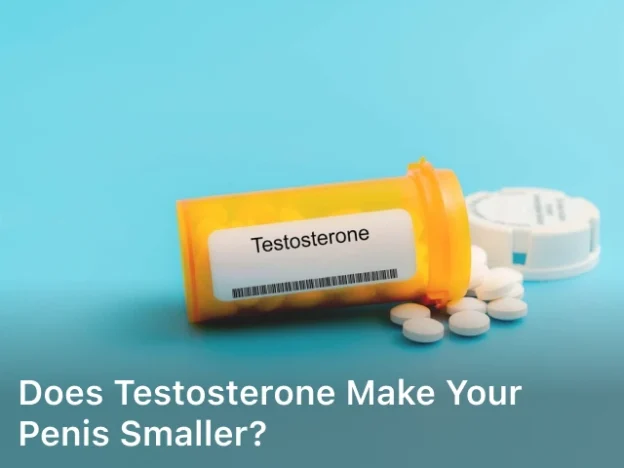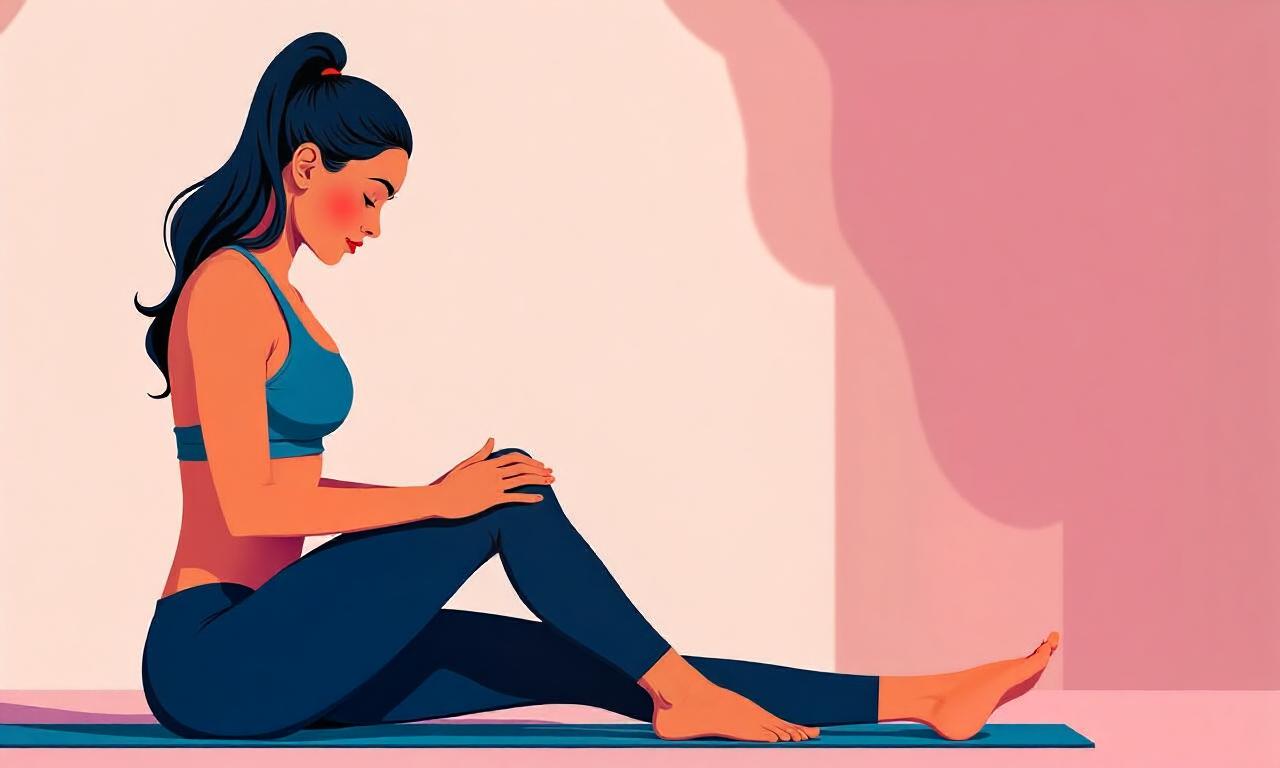Does Testosterone Make Your Penis Smaller? Discover the impact of testosterone on penile size. This comprehensive article explores the relationship between testosterone levels and penis size, debunking myths and providing factual insights. When it comes to discussions about testosterone, many myths and misconceptions abound. One such myth that often circulates is whether testosterone has any effect on the size of a man’s penis. In this article, we delve deep into the topic, separating fact from fiction, and providing you with a clear understanding of the relationship between testosterone and penile size. Let’s explore the intriguing question: Does Testosterone Make Your Penis Smaller? The Basics of Testosterone To truly grasp the connection between testosterone and penis size, we must first understand what testosterone is and its role in the male body. What Is Testosterone? Testosterone is a natural hormone produced primarily in the testes of men and, to a lesser extent, in women’s ovaries. It plays a pivotal role in various aspects of male health, including the development of secondary sexual characteristics, muscle growth, bone density, and, of course, sexual function. How Does Testosterone Work? Testosterone works by binding to specific receptors in cells throughout the body. This binding process triggers various biological responses, influencing both physical and behavioral traits. It’s important to note that testosterone levels can fluctuate throughout a man’s life, with peak production occurring during adolescence and early adulthood. The Connection with Penis Size Now, let’s address the burning question: Does Testosterone Make Your Penis Smaller? The short answer is no. Testosterone does not make your penis smaller. In fact, testosterone plays a vital role in the development of the male genitalia during fetal development. It is responsible for the growth of the penis, scrotum, and other male reproductive organs. Dispelling Myths There are several misconceptions and myths surrounding testosterone and penile size. Let’s debunk a few of them. Myth 1: More Testosterone Means a Smaller Penis This myth is entirely unfounded. As we mentioned earlier, testosterone is essential for the proper development of male reproductive organs, including the penis. Higher levels of testosterone during puberty are associated with increased penile growth. Myth 2: Low Testosterone Causes Penis Shrinkage While it is true that low testosterone levels can lead to various health issues, including reduced libido and energy, it does not directly cause penis shrinkage. Any changes in penile size due to medical conditions are typically a result of other factors, not testosterone alone. Myth 3: Testosterone Supplements Reduce Penis Size Some men worry that taking testosterone supplements may decrease their penis size. This is a misconception. Medically supervised testosterone replacement therapy is used to treat low testosterone levels and can help restore normal sexual function but does not affect penis size negatively. Does Testosterone Affect Libido and Sexual Function? While testosterone may not make your penis smaller, it does play a crucial role in sexual desire and function. Boosting Libido Optimal testosterone levels are associated with a healthy sex drive. When testosterone levels are within a normal range, men tend to experience a heightened libido, leading to a more satisfying sex life. Maintaining Erectile Function Testosterone also contributes to erectile function. Low testosterone levels can lead to difficulties in achieving and maintaining erections. However, addressing low testosterone through medical intervention can help improve erectile function. Testosterone Make Your Penis Smaller No, testosterone does not make your penis smaller. In fact, testosterone is a hormone that plays a crucial role in the development and maintenance of male sexual characteristics, including the growth and maintenance of the penis. During puberty, when testosterone levels increase, it typically leads to the growth of the penis and other secondary sexual characteristics such as facial hair and a deeper voice. There are medical conditions and treatments that can affect penis size, but they are not directly related to testosterone itself. For example, conditions like Peyronie’s disease or certain surgical procedures can potentially impact penis size. However, these are not linked to changes in testosterone levels. It’s important to note that individual variations in penis size are entirely normal, and testosterone levels within the normal range should not lead to a decrease in penis size. If you have concerns about your sexual health or changes in your body, it’s advisable to consult with a healthcare professional who can provide you with accurate information and guidance. What Affects Penis Size? Penis size can be influenced by various factors, and it’s important to note that there is a wide range of normal sizes among individuals. Here are some factors that can affect penis size: Genetics: One of the most significant factors is genetics. The size of your penis is often determined by your family history. If you come from a family with larger or smaller penises, you are more likely to have a similar size. Hormones: Hormones play a crucial role in the development of sexual organs, including the penis. During puberty, the surge in hormones like testosterone contributes to penile growth. Age: The penis can change in size over a man’s lifetime. It usually grows during puberty and may continue to develop until the early twenties. However, as men age, there can be a natural reduction in size due to decreased elasticity of tissues. Weight and Body Fat: Excess body fat, especially around the pubic area, can make the penis appear smaller. Losing weight through a healthy lifestyle can sometimes reveal more of the penile length. Erectile Function: The ability to achieve a full and firm erection can affect the perception of penis size. Men with erectile dysfunction may not be able to achieve their maximum size during arousal. Health Conditions: Certain medical conditions, such as Peyronie’s disease (which causes penile curvature) or hormonal imbalances, can impact penis size. Smoking and Poor Circulation: Smoking and other factors that contribute to poor circulation can affect blood flow to the penis, potentially influencing its size and function. Penis Size Perception: It’s essential to recognize that perception plays a significant role in how a person views their





